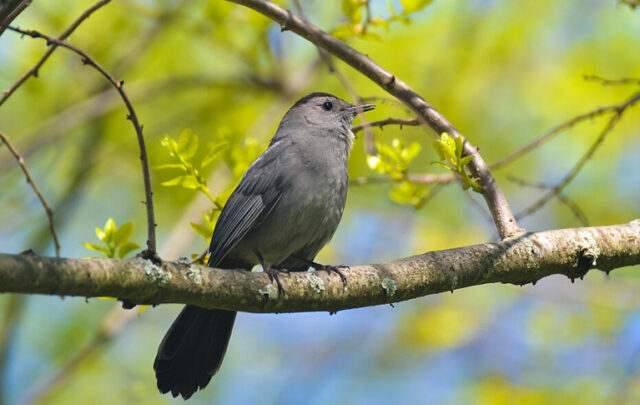We only use open-pollinated seed that breeds true to type year after year as nature naturally does and not the commonly used F1 Hybrid seed which is produced by the seed companies today. This is because you cannot reproduce true to type from the F1 Hybrid because the seed companies retain the two parents that have produced the F1 Hybrid (F1 means first generation).
We meet monthly in our local English pub (which helps to support the local trade) to share ideas, problems etc. We also have a forum on our website.
With the autumn/fall/winter upon us is good time to reflect and ask oneself can we form a community seed bank in my area with like-minded people. Seed saving is very easy to do and most enjoyable. It also helps to build resilience back into the individual and the community. As a starter look at the information on Sussex Community Seed Bank’s website on seed saving which should give you a good start. Start with those vegetables that flower and seed in the first year (annuals) like the legume family i.e dwarf beans, beans peas, lettuce, tomato, eggplant, cucumbers etc.
We at Sussex Community Seed Bank believe one cannot say one has local food security unless one has local seed security. And one cannot say one has local seed security unless one is using open-pollinated seed which breeds true to type year after year as nature naturally does.
Community seed banks will need to be an integral part of our local sustainable living in the near future. More immediately, one needs to be aware of what is happening to the world’s seed supply where 75% and growing of the world’s seed supply is in the hands of six agro-chemical corporations and due to their increasing hold on the world seed supply are diminishing the possibilities of self-reliance for the home gardener and farmer.






